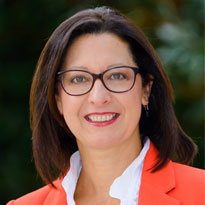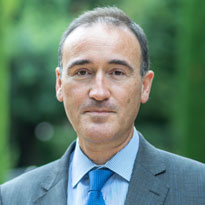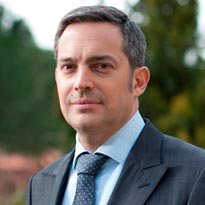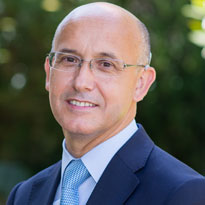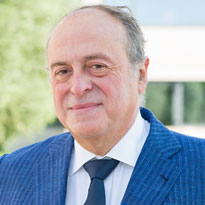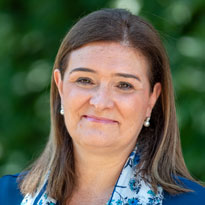IESE governance
At IESE, we aim to achieve excellence in all our activities and to act responsibly to make a positive impact on the world through business education. We have rigorous internal governance and management mechanisms in place to ensure that decision-making is aligned with our mission and that we build a sustainable future and leadership path for the school.

Meet Dean Heukamp
Franz Heukamp has been the dean of IESE since 2016. He is a professor of decision analysis and is the Antonio Valero Chair of Business Administration.
As dean, his priorities for the school are expanding its global reach, responding to the changing needs of lifelong learning and the impact of digitization on education, as well as ensuring that IESE stays faithful to its mission to serve society.
Our governance system
IESE’s governance system is based on the principles of trust, collegiality and accountability. IESE Business School is part of the University of Navarra, a Catholic university whose chancellor is Fernando Ocáriz, the prelate of Opus Dei.
The chancellor governs the university through the vice chancellor, who is also the vicar of Opus Dei in Spain. At present, the vice chancellor is Ignacio Barrera. The vice chancellor looks after the long-term vision and ensures alignment with the founding principles of the university and its Christian identity.
The vice chancellor oversees IESE with respect to its strategy, budget and the appointments of senior faculty members and the members of the executive committee, in collaboration with the university president. The central services of the University of Navarra also manage the publicly accredited academic degrees and global university policies that affect IESE, such as compliance and other matters.
The Supervisory Board was created in 2023 and supervises the work of the Executive Committee and the dean in the development of strategy, the implementation of strategic plans and the analysis of major decisions for the institution, supporting the work of the vice chancellor.
The Executive Committee is responsible for the day-to-day management of the organization. It develops the school’s strategic vision, proposes faculty appointments and promotions, oversees the generation of research, creates academic programs and is responsible for their delivery.
In parallel, several committees advise the Executive Committee and the dean including the International Advisory Board, the Harvard-IESE Committee and the Executive Committee of the IESE Alumni Association. These committees support management on a variety of issues. Some members participate in several committees, which ensures that consistent criteria are applied and that the ideas discussed reach management.
The Supervisory Board supervises the work of the Executive Committee and the dean in the development of strategy, the implementation of strategic plans and the analysis of major decisions for the institution, supporting the work of the vice chancellor. The Supervisory Board is composed of leading business professionals and academics.
President
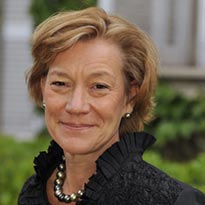
Andrea Christenson
Non-executive director, various companies
Vice president

Juvencio Maeztu
Deputy CEO, CFO and member of the Management Board, Ingka Group | IKEA
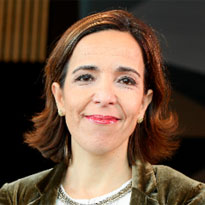
Lourdes Centeno
Partner in charge of Corporate Law, Corporate Governance and Capital Markets, EY Abogados
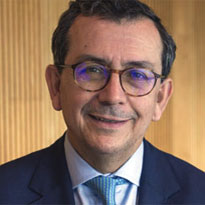
Ángel J. Gómez Montoro
Professor of Constitutional Law, University of Navarra


Laura Lechuga
Full Professor, Spanish National Research Council (Consejo Superior de Investigaciones Científicas - CSIC)
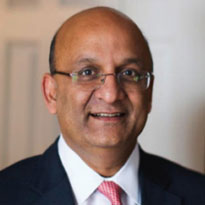

Nitin Nohria
George Fisher Baker Jr. Professor of Business Administration, Harvard Business School
The Executive Committee is responsible for the day-to-day management of IESE and is made up of members of the organization. It develops the school’s strategic vision, proposes faculty appointments and promotions, oversees the generation of research, creates academic programs and is responsible for their delivery.
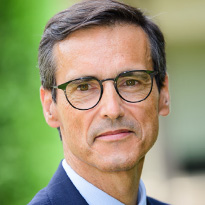

Jaume Vidal
General administrator
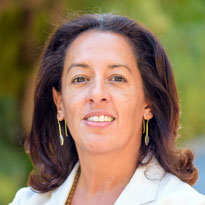

Andrea Montalvo
Associate dean for executive education


José María Feliu
Director of the People Area
Advisory Boards
IESE’s International Advisory Board was created in 1986 and analyzes the global socio-economic context from the point of view of companies, emerging trends, business and management education needs and management innovation.
The board is made up of prominent business leaders from Europe, the Americas, Africa and Asia who are recognized for their contribution to the development of corporate governance, business and society as a whole. The dean of IESE appoints the members of the board, which meets twice a year.
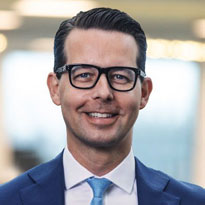

Jacob Aarup-Andersen
Group CEO, Carlsberg Group


Ana Paula Assis
Chair and general manager EMEA, IBM
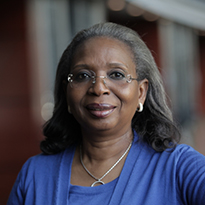

Ibukun Awosika
Founder and CEO, The Chair Center Group


Fabian Bonnier
Chairman, Bonnier Group


Martin Rudolf Brenninkmeijer
Chairman, COFRA Holding AG


César Cernuda
President, NetApp


Andrea Christenson
Non-executive director, various companies
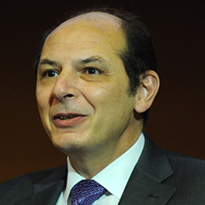

Bruno Di Leo
Founder and CEO, Bearing North
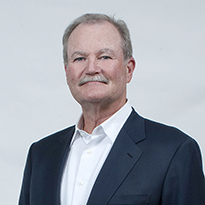

Brian Duperreault
CEO, AIG
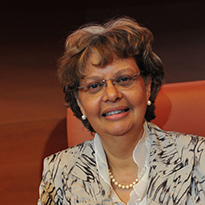

Patricia Francis
Chairman of the Trade Facilitation Task Force, government of Jamaica
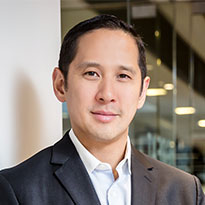

Spencer Fung
Executive chairman, Li Fung
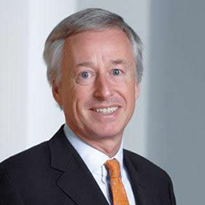

Franz Haniel
Chairman, Haniel Group


Doris Höpke
Independent advisor and mediator, various companies
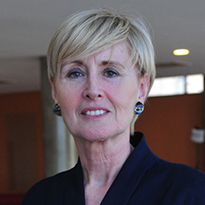

Denise Kingsmill
Life peer, U.K. House of Lords
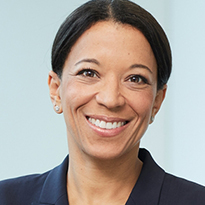

Janina Kugel
Non-executive member of the board and senior advisor, various companies


Juvencio Maeztu
Deputy CEO, CFO and member of the Management Board, Ingka Group | IKEA


Janne Haaland Matlary
Professor of Political Science, University of Oslo
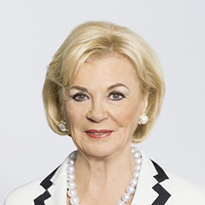

Liz Mohn
Member of the board, Bertelsmann
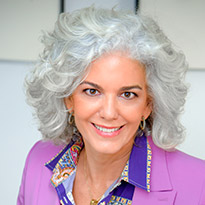


Amparo Moraleda
Member of the board and advisory bodies, various companies
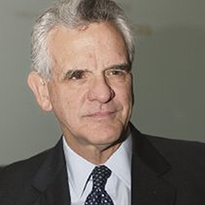

Stanley Motta
Chairman, Motta Internacional
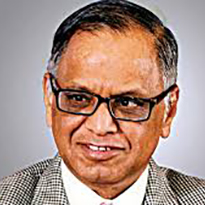

N.R. Narayana Murthy
Founder, Infosys Technologies
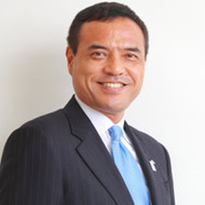

Takeshi Niinami
CEO, Suntory Holdings
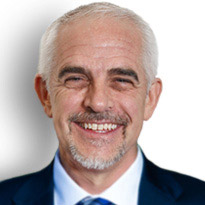


Alan Pace
Managing partner, ALK Capital, LLC
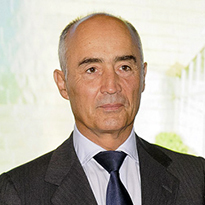

Rafael del Pino
Chairman, Ferrovial
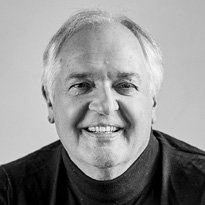

Paul Polman
Founder, member of the board and advisor, various companies
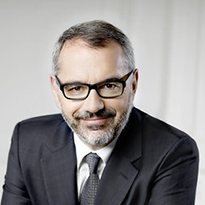

Marc Puig
CEO and chairman, Puig
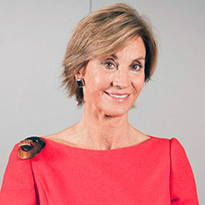

Helena Revoredo
Chairman, Prosegur


Risto Siilasmaa
Chairman, F-Secure Corporation
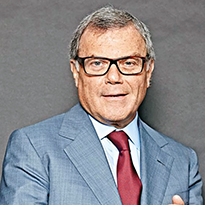

Martin Sorrell
Executive chairman, S4 Capital
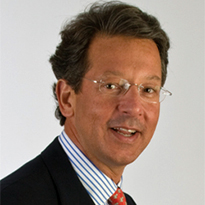

Francesco Vanni D'Archirafi
Chairman, Euroclear


George Yeo
Visiting scholar, Lee Kuan Yew School of Public Policy of the National University of Singapore
IESE and Harvard Business School have enjoyed a close relationship for more than 50 years. The Harvard-IESE Committee, launched in 1963, was established to guide IESE in the development of programs and growth in scope as a business school. Landmark accomplishments include the launch of IESE’s MBA, the first of its kind in Europe, and joint international Executive Education programs.
HBS
HBS


Kathleen L. McGinn
Cahners-Rabb Professor of Business Administration, Harvard Business School
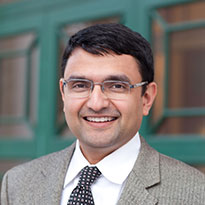

V.G. Narayanan
Thomas D. Casserly, Jr. Professor of Business Administration, and senior associate dean of executive education and HBS Online, Harvard Business School
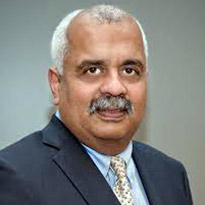

Das Narayandas
Edsel Bryant Ford Professor of Business Administration, Harvard Business School
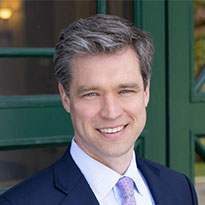

Matthew C. Weinzierl
Joseph and Jacqueline Elbling Professor of Business Administration and senior associate dean and chair of the MBA Program, Harvard Business School
IESE
IESE
The Alumni Executive Committee oversees the Alumni Association’s diverse activities and services, in addition to approving budgets and presenting the annual accounts to the Governing Board. The committee also offers guidance on the school’s strategy, initiatives, programs and corporate development. All committee members are IESE alumni, who care about the continuous education of alumni and their ongoing role in the school.
President


Maria Díaz-Morera
Partner and member of the board, EDM Wealth & Asset Management
Vice President
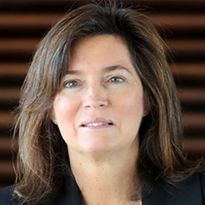

Cristina de Parias
Independent consultant, advisor and member of the board, various companies
Vice President
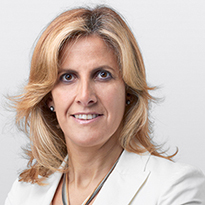

Núria Cabutí
CEO, Penguin Random House Grupo Editorial
Members
Members


Alejandro Beltrán
Senior partner, McKinsey & Co.
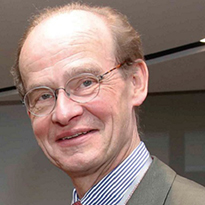

Georg Freiherr von Boeselager
Deputy chairman of the Board of Trustees, the Merck Finck Foundation (Merck Finck Stiftung)


Timo Buetefisch
Co-founder and CEO, Cooltra
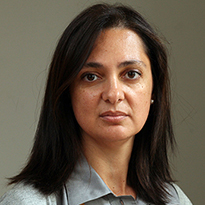

Aurora Catà
Independent member of the board, various companies


Itziar de Ros Raventós
Associate dean of alumni and institutional development, IESE Business School
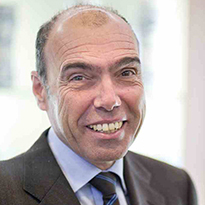

Antoni Esteve
Founder and president, the AdSalutem Institute for Healthy Sleep
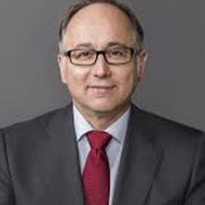

Luis Gallego
CEO, IAG


Emilio Gayo Rodríguez
CEO, Telefónica Spain
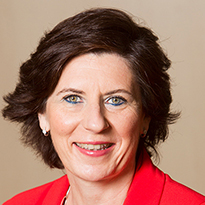

Helena Herrero
President of Southern Europe, Middle East and Africa, Hewlett Packard


Tobías Martínez Gimeno
CEO, Cellnex Telecom


Avi Meir
Co-founder and CEO, TravelPerk
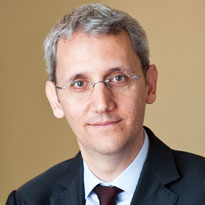

Jordi Mercader Barata
CEO, Miquel y Costas & Miquel



Amparo Moraleda
Member of the board and advisory bodies, various companies



Alan Pace
Founder and managing partner, ALK Capital


María del Pino Velázquez
Non-executive director, various companies


Kristoff Puelinckx
Founder and CEO, Tennium
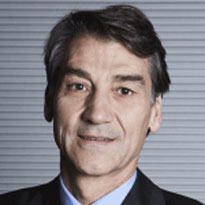

Javier Pujol Artigas
CEO, FICOSA International
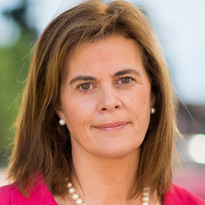

Mireia Rius
Global alumni and institutional development director, IESE Business School
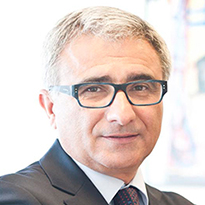

Julio Rodríguez Izquierdo
CEO, Molins
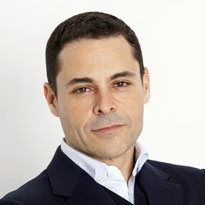

Hugo Serra Calderón
Vice-president and CEO, Grupo Catalana Occidente
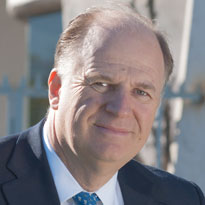

Heriberto Urzua Sánchez
Director and member of the board, various companies
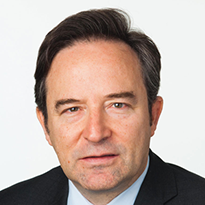

Paco Ybarra
Senior advisor and member of the Executive Management Team, Citi
